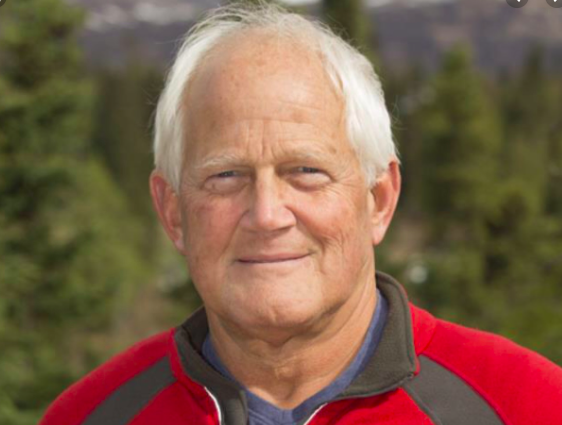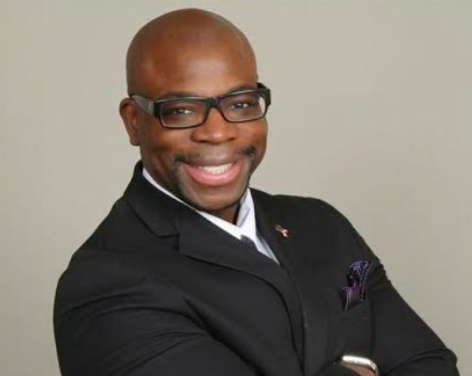By ART CHANCE
This month some 50 years ago, a buddy and I started talking about going to a big concert in upper New York state: Woodstock, it was called.
We were starving college students and minor musicians back in the days before college students could borrow $50,000 a year so they could live like kings while going to school.
I won’t speak for my buddy, but now that the statute of limitations has run out, I’ll allow that I made a little money as a purveyor of “recreational substances” on the side.
While I had a well-worn Ford Econoline van that I didn’t think was up to a 1,000-mile trip, he had an Opel Kadett that seemed a little more fit. We struck out for Woodstock, which was to start on Aug. 15, 1969.
Interstates weren’t complete in The South in those days, so we took to the two-lane highways. Somewhere near the South– North Carolina state line, the Opel died.
It was a broken tail shaft on the transmission. Try getting one of those for a German-made Opel in rural South Carolina in 1969. We spent couple of days of sleeping in the car, where it sat behind the mechanic’s shop and we had “friendly” chats with the local constabulary – it wasn’t easy to have long hair in the South in 1969.
Being too broke to keep going, I decided to abandon the Woodstock adventure. I stepped out onto US 1, and stuck out my thumb, heading south. A short ride or two later I was way out in the country, when a green Jaguar XKE coupe stopped beside me. I’d only seen one Jaguar before in my life at the time.
A very handsome, very well-dressed man was at the wheel and he asked me where I was going. He was heading for Savannah, Georgia. I replied I was going to Statesboro or Swainsboro and could easily get to either from Savannah, and thanked him for the ride.
I had at most a vague notion of gay men at the time. It turns out some fairly prominent men in my home town were gay, but they were very discrete; it never got beyond vague rumors.
This man was very friendly and solicitous, but never did anything untoward. Nevertheless, I got the idea where his interests were, and decided I needed another way home. I saw a sign for Augusta, Ga., and I told him he could let me out at the intersection because Augusta was closer to home. Although he said he’d be happy to take me home, I thanked him and said I’d make my own way. I learned a little something that day.
There went my Woodstock adventure; I didn’t make the seminal counter-cultural event of the ’60s. That said, the Summer of 1969 was rockin’ and rollin’. There is a reason there are songs about the Summer of ’69.
If you clearly remember the Summer of ’69, you weren’t there – unless you were in Vietnam, in which case you probably remember it all too well.
From here on out, it is the way I remember it; it may or may not be what actually happened.
A couple of weeks after my failed Woodstock adventure there was a big outdoor music festival near Atlanta. I and some of my friends piled in my old Econoline and headed for Hampton, Georgia, the home of Atlanta Raceway, the site of the festival.
We went to Atlanta first because you had to in those days. That is where I met a lovely “Dixie Darlin’” named Laura Lee who tagged along with me for awhile – hook-ups aren’t a recent invention. After a couple of days of partying in Atlanta, we took I-75 South to Hampton, 40 or 50 miles to the south.

I’ll confess to having hazy memories of the Hampton Festival, but I vividly remember that it was the first time I saw “the lighter” tribute at a concert. Tommy James and the Shondells had just performed and the crowd wasn’t particularly impressed. It was dusk and the crowd was getting unruly. Back in those days all the FM rock stations in big towns had a DJ with a basso profundo voice. The DJ came out and bought time as they set up the next act. With that soothing voice he got everybody to light a match or a lighter and you looked around and saw a quarter million matches and lighters.
Then this band that hardly anyone had ever heard of, Led Zeppelin, came on stage. If you’ve never heard Led Zeppelin live, you’ve never heard rock ‘n roll music.I was maybe a little more susceptible than most because I knew the history and knew Zeppelin’s history going back to The Yardbirds in the early Sixties.
When the concert was all over Laura Lee and I went back to Atlanta and bought a copy of Zeppelin’s first album. We secluded ourselves in a stairwell in a “crash pad” on 14th Street, Atlanta’s version of Haight-Ashbury. We fell asleep listening to Led Zeppelin and woke up the next morning to a house surrounded by crime scene tape. We slipped out through the coal chute.
There was another big music festival coming up in New Orleans in a week or two. Laura Lee and I struck out for Louisiana. Again, my memories are vague but most everybody who was anybody in music in those days was there. My only vivid memory is of Janis Joplin. That was right after Hurricane Christine that came ashore in Louisiana and Mississippi with 200-mph winds, that strong even 100 miles or more inland.
I had to get back to school and get enrolled so I could keep my draft deferment. Laura Lee tagged along with me. On the way back, I diverted to my hometown to see my parents. Just inside the County line I had a “social occasion” with the local law. That’s how I found out that Laura Lee had a warrant for her arrest in Mississippi. I never saw her again but spent a year fighting with the Georgia law about search and seizure, warrants, and the like.
That’s the true story of the 1960s; it was a whole lot more like “Easy Rider” than some groovy myth. That said, I was a musician in those days, and if you wanted to empty a hall and never get invited back, all you had to do was play Woodstock music. The real soundtrack of the 1960s is more like “The Big Chill.”
(Oh, and if you don’t know where “Acid, Incense, and Balloons” comes from, you weren’t paying attention to music. It’s from the Jefferson Airplane song, “Won’t You Try/Saturday Afternoon.”)
Art Chance is a retired Director of Labor Relations for the State of Alaska, formerly of Juneau and now living in Anchorage. He is the author of the book, “Red on Blue, Establishing a Republican Governance,” available at Amazon.









